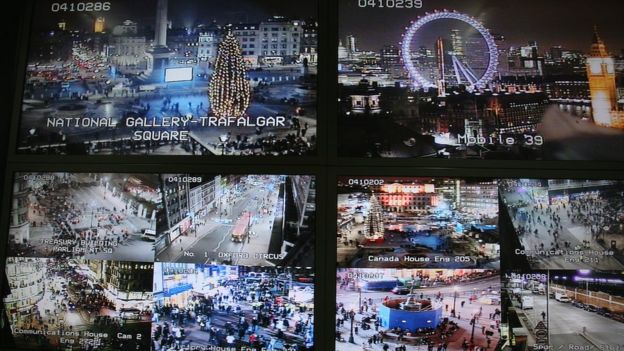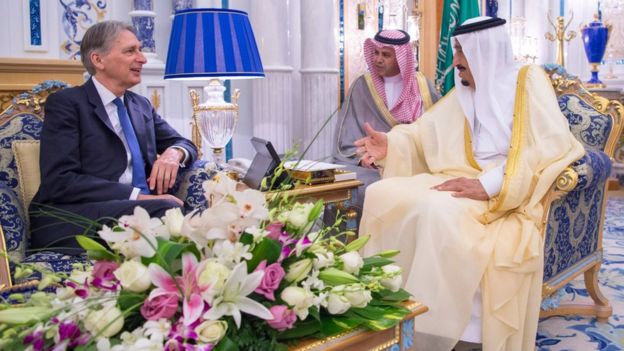UK police plan to train Saudis in hi-tech crime detection techniques despite fears they could be used to find people, who might then be tortured.
The BBC has seen papers that show England and Wales’ College of Policing said there were human rights “risks” but argued this could be monitored.
Rights group Reprieve said the training was “scandalous” and might help Saudi police target activists.
But the college said it could cut the likelihood of miscarriages of justice.
The revelations are contained in documents obtained following Freedom of Information requests from Reprieve and the BBC.
These show that since 2009 the college has provided training to the Saudi Ministry of the Interior in finger-printing, forensics and crime scene investigation, as part of a “trusted professional partnership”.
It now wants to expand the training to include cybersecurity, mobile phone analysis, CCTV systems, voice recognition, DNA use and IT digital forensics including decryption and the retrieval of deleted files, documents show.
Maya Foa, who campaigns against the death penalty for Reprieve, warned that mobile phone analysis has, in the past, been used in Saudi Arabia to prosecute protesters, who can then face execution.
Trade link risks
The details appear in a form submitted earlier this year to the International Police Assistance Board (IPAB), which vets plans to provide police assistance overseas according to “British values and interests”.
 Image copyrightTHINKSTOCK
Image copyrightTHINKSTOCKIn the form, the college noted there were human rights “risks” that “skills being trained are used to identify individuals who go on to be tortured or subjected to other human rights abuses”.
But, it said, if it was shown that the skills learned had been used in human rights violations, the Foreign Office and the college would “reconsider the training”.
It also said if the college declined to support the training, there might be “wider risks to UK partnerships and trade”.
There was also concern raised that media attention might highlight UK involvement in a country with “a poor human rights record”.
But the BBC has learned the training has been officially supported by the National Police Chiefs’ Council (NPCC) lead for international policing.
‘Get stronger’
Labour MP Andy Slaughter, the shadow minister for human rights, called the document “astonishing”, saying: “This is a regime which executed 47 people in one day this year, that still has minors on death row.
“We shouldn’t be having anything to do with this criminal justice system.”
A relative of one of those executed, who the BBC is not naming, told Radio 4’s World At One programme: “Britain shouldn’t train them and support them because this is how they continue to get stronger.”
 Image copyrightREUTERS
Image copyrightREUTERSBut the college argues that through police training, they might improve human rights in Saudi Arabia.
“Decisions to carry out the training must reconcile the difficulties of working with countries whose standards of human rights may be at odds with our own with the opportunity to contribute to reform and address national security concerns,” a spokesman for the college said.
“Modern forensic investigation techniques can contribute to a move away from confession and witness-based convictions, helping to ensure innocent individuals are identified quicker and more easily, and reducing the likelihood of miscarriages of justice.”
Homemade wine
According to the documents, the objectives of the training were diplomatic, development and security benefits, and they highlighted how co-operation with Saudi Arabia on counter-terrorism had helped find a printer cartridge bomb in a cargo plane at East Midlands airport in 2010.
The College of Policing said any payments from Saudi Arabia would only cover costs, not make a profit.
A NPCC spokesman said: “Before any IPAB [application] is approved an Overseas Security Justice and Assistance Human Rights assessment is made”, adding that in the most serious cases ministerial approval was required.
The Foreign Office declined to comment on the plans.
Last October, the UK government withdrew from a controversial £5.9m prisons deal with Saudi Arabia, to provide a “training needs analysis” for prison service staff.
Downing Street said the move reflected the government’s decision to focus on domestic priorities and was not connected to the case of expat Karl Andree, jailed in Saudi Arabia after being caught with homemade wine.


